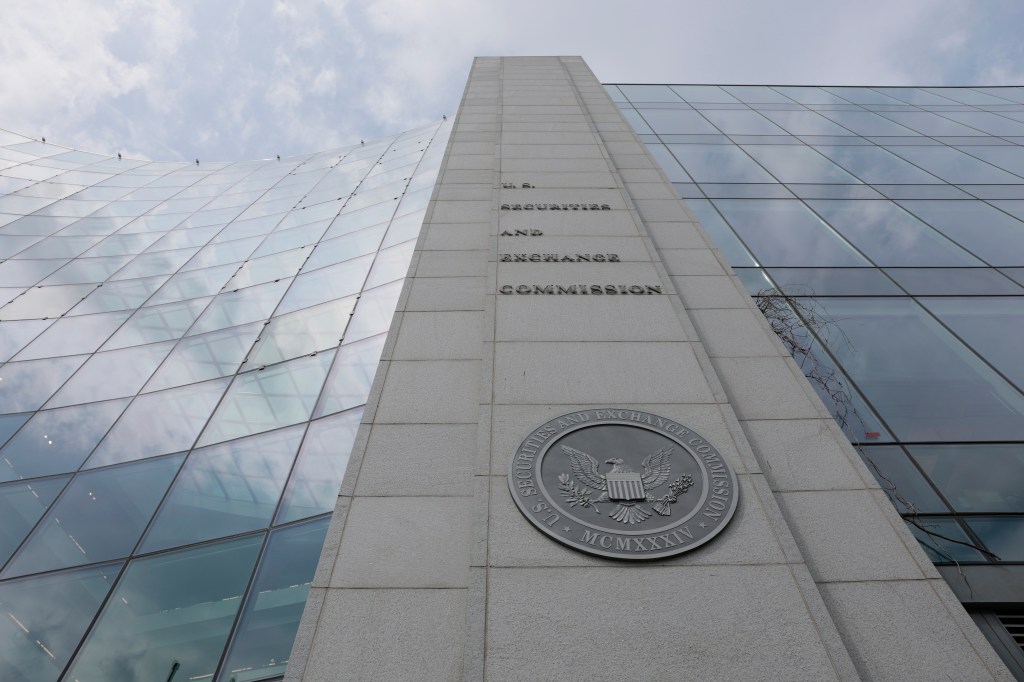The SEC announced that it filed charges against providence-based investment adviser Anchor State Capital LLC (Anchor State) and its owner Christopher Aubin on May 15, accusing them of orchestrating a fraud scheme that misappropriated more than $2,500,000 from over 24 investors.
According to the SEC’s complaint, from 2023 to 2024, the
Anchor State promised
Register for free to keep reading
To continue reading this article and unlock full access to GRIP, register now. You’ll enjoy free access to all content until our subscription service launches in early 2026.
- Unlimited access to industry insights
- Stay on top of key rules and regulatory changes with our Rules Navigator
- Ad-free experience with no distractions
- Regular podcasts from trusted external experts
- Fresh compliance and regulatory content every day













